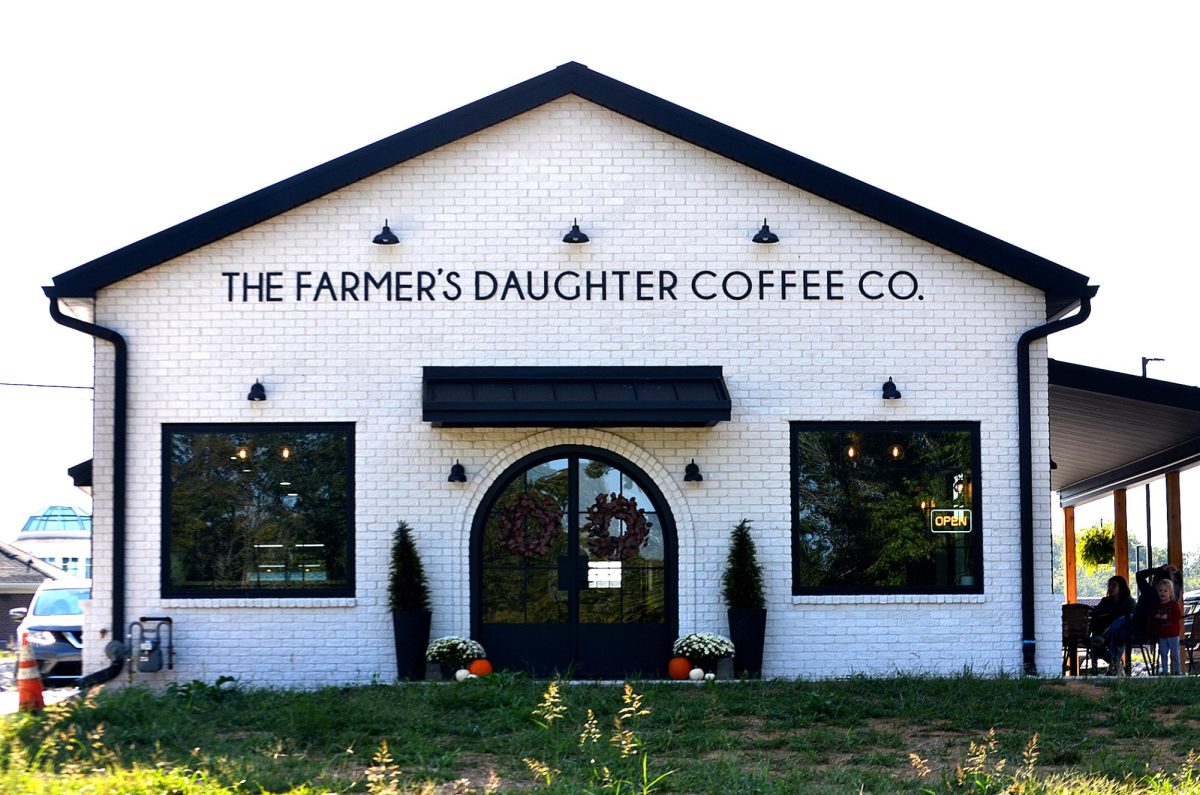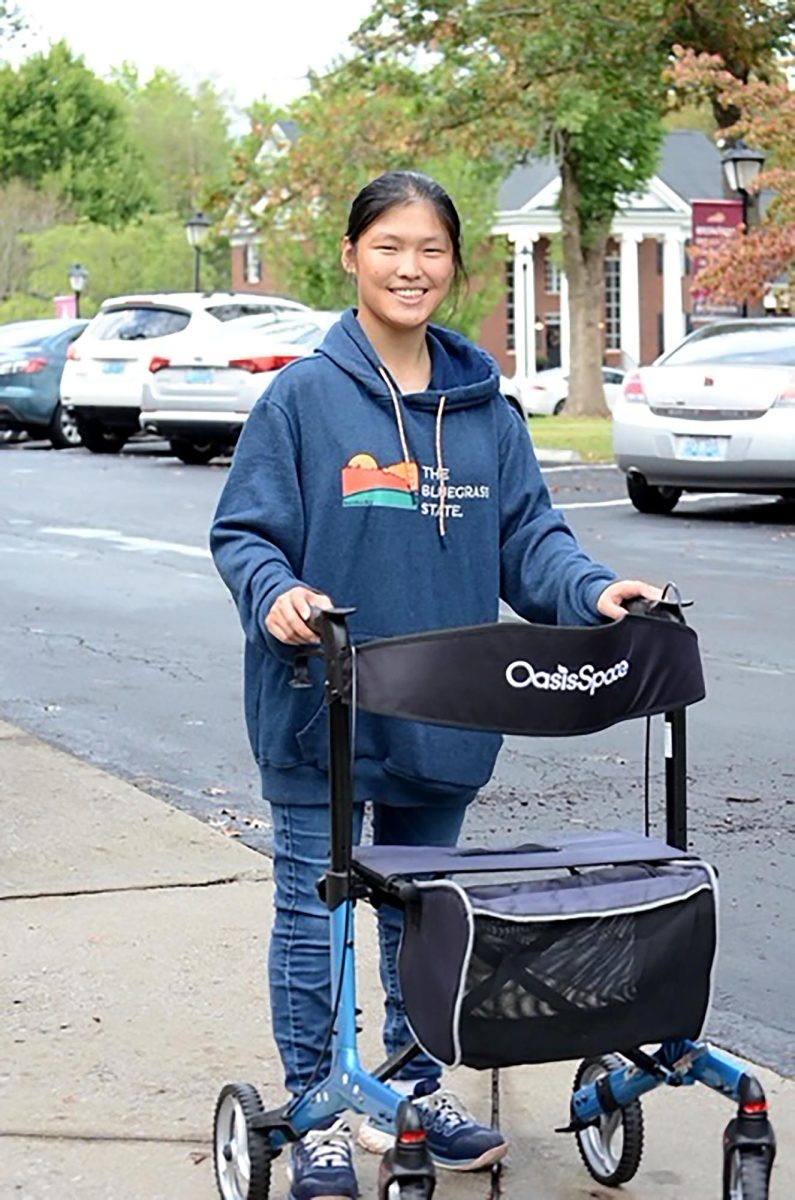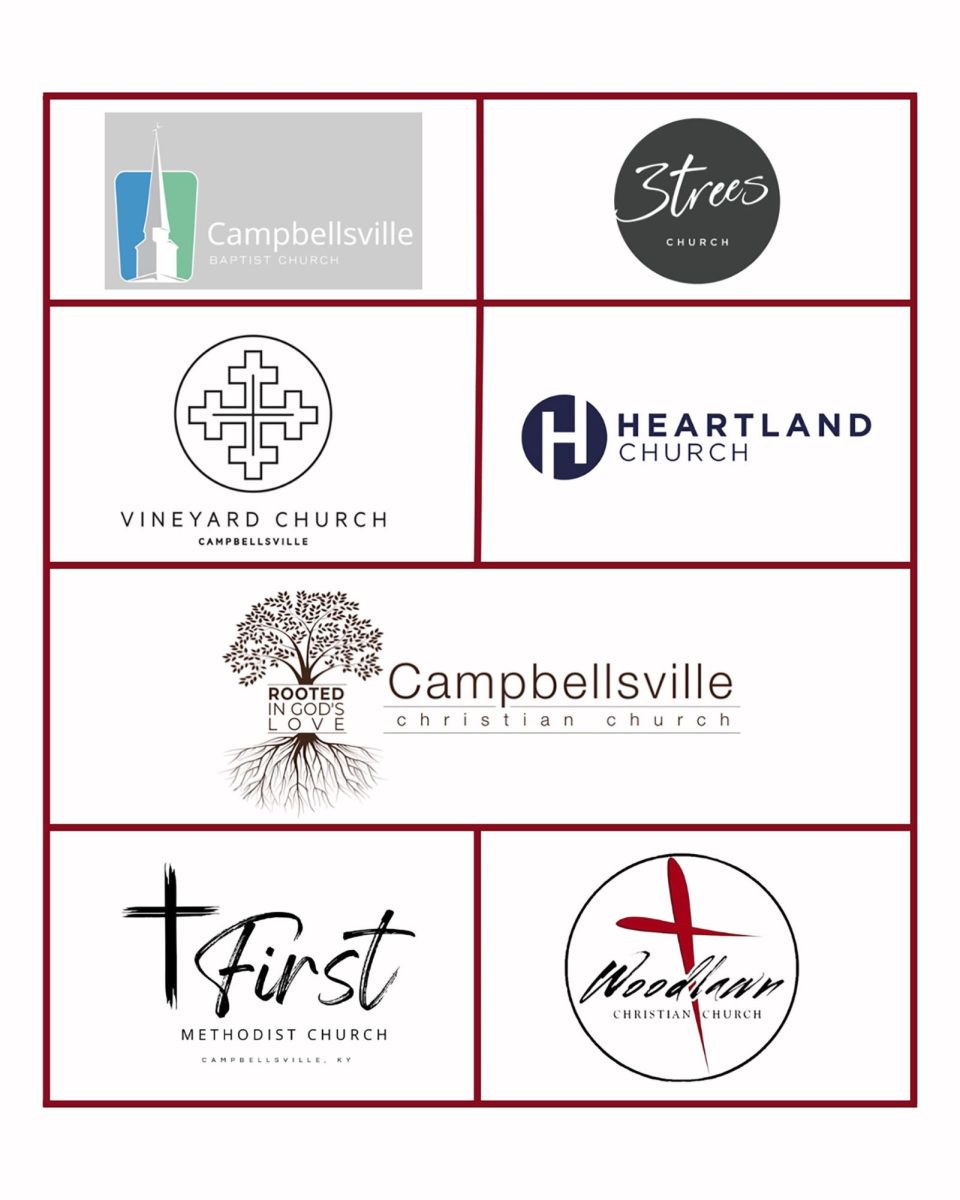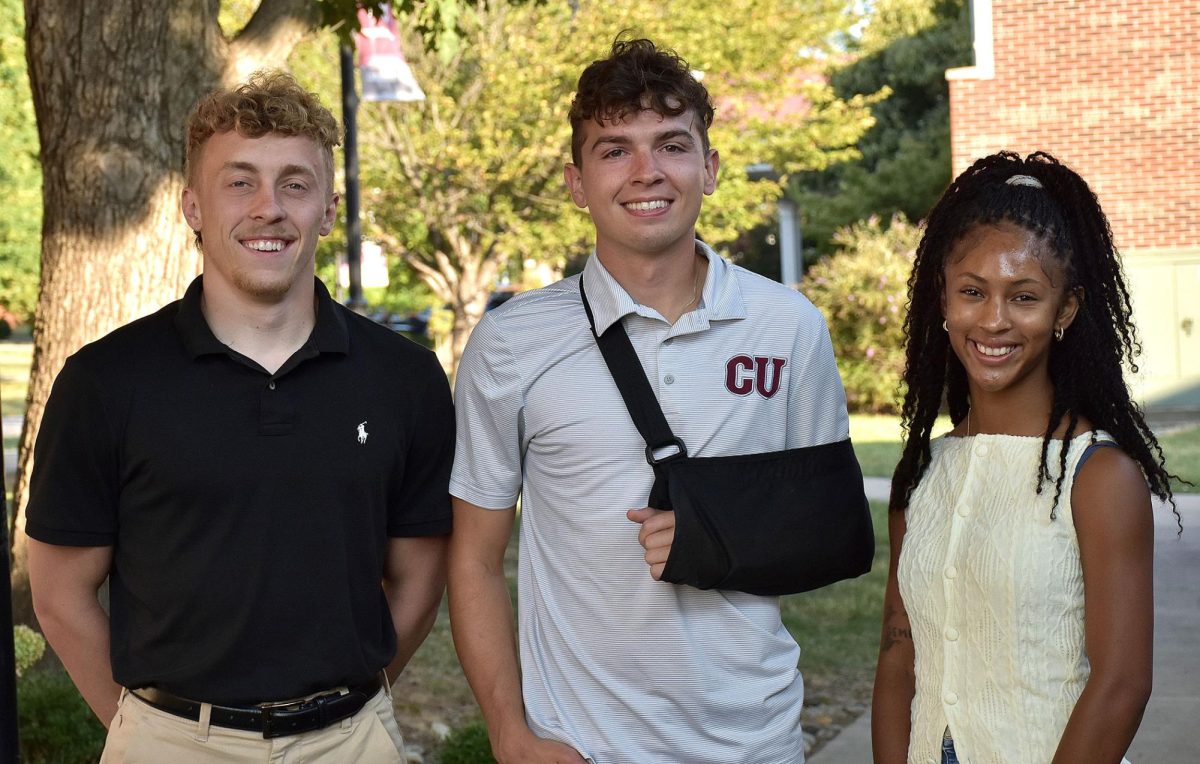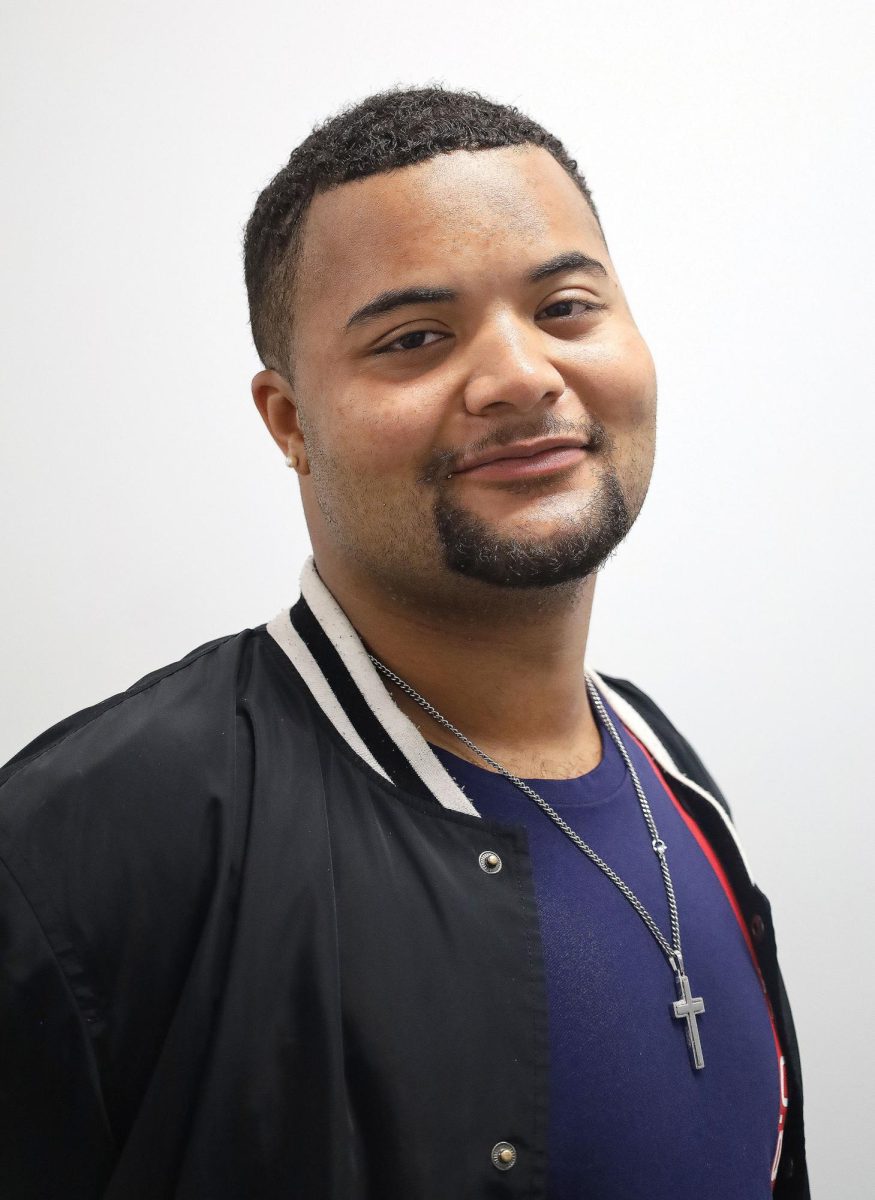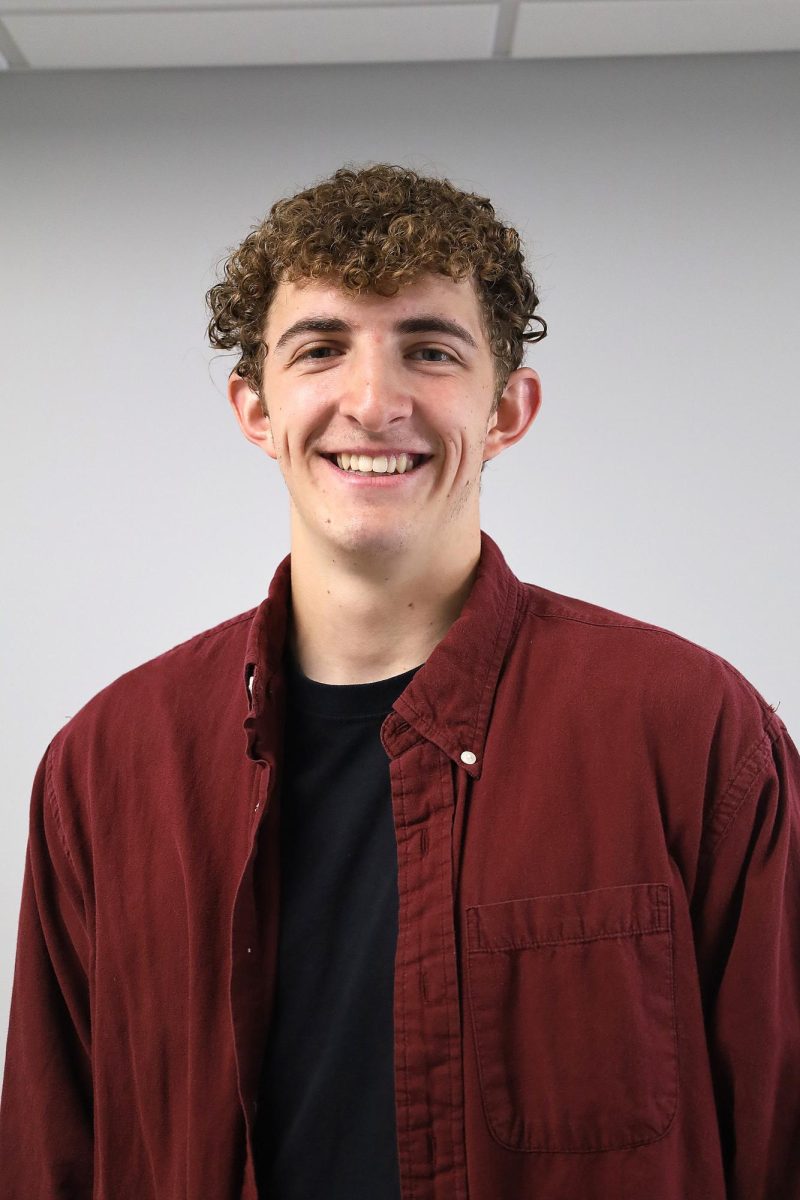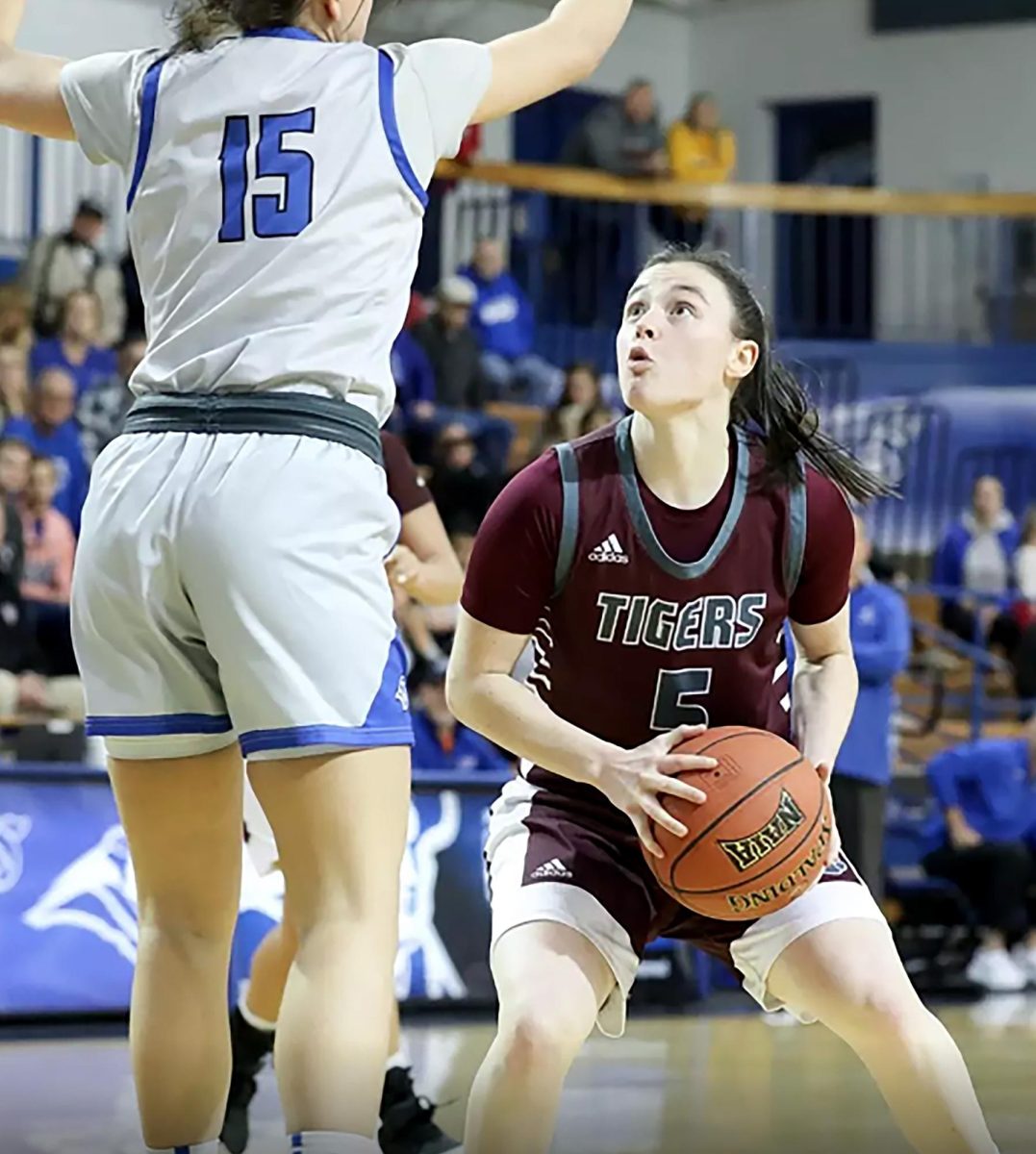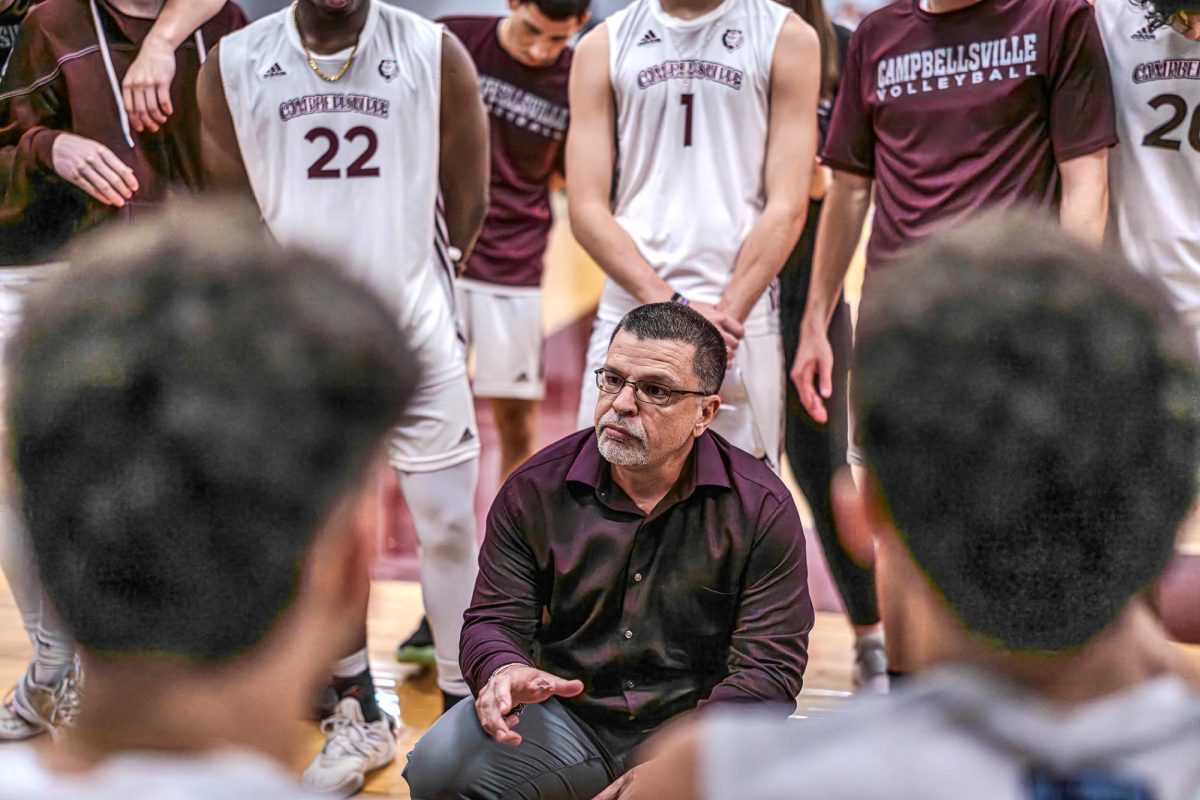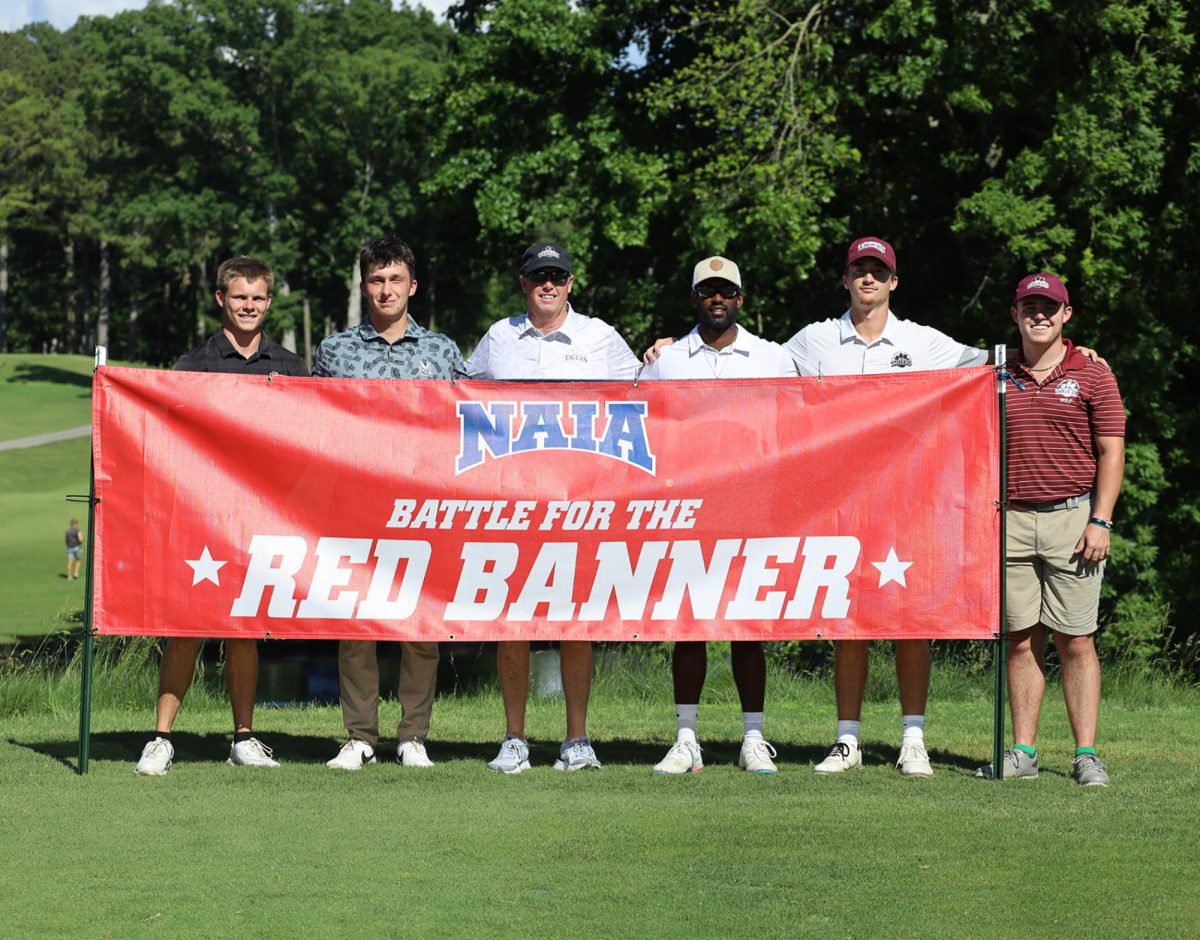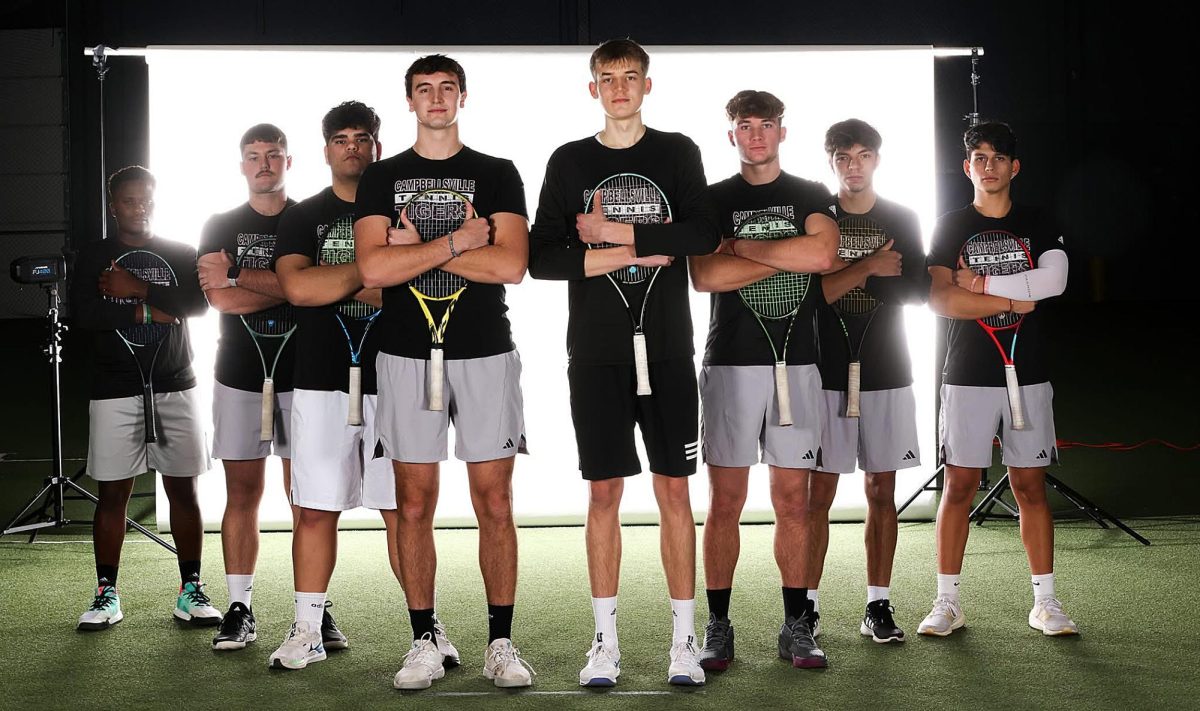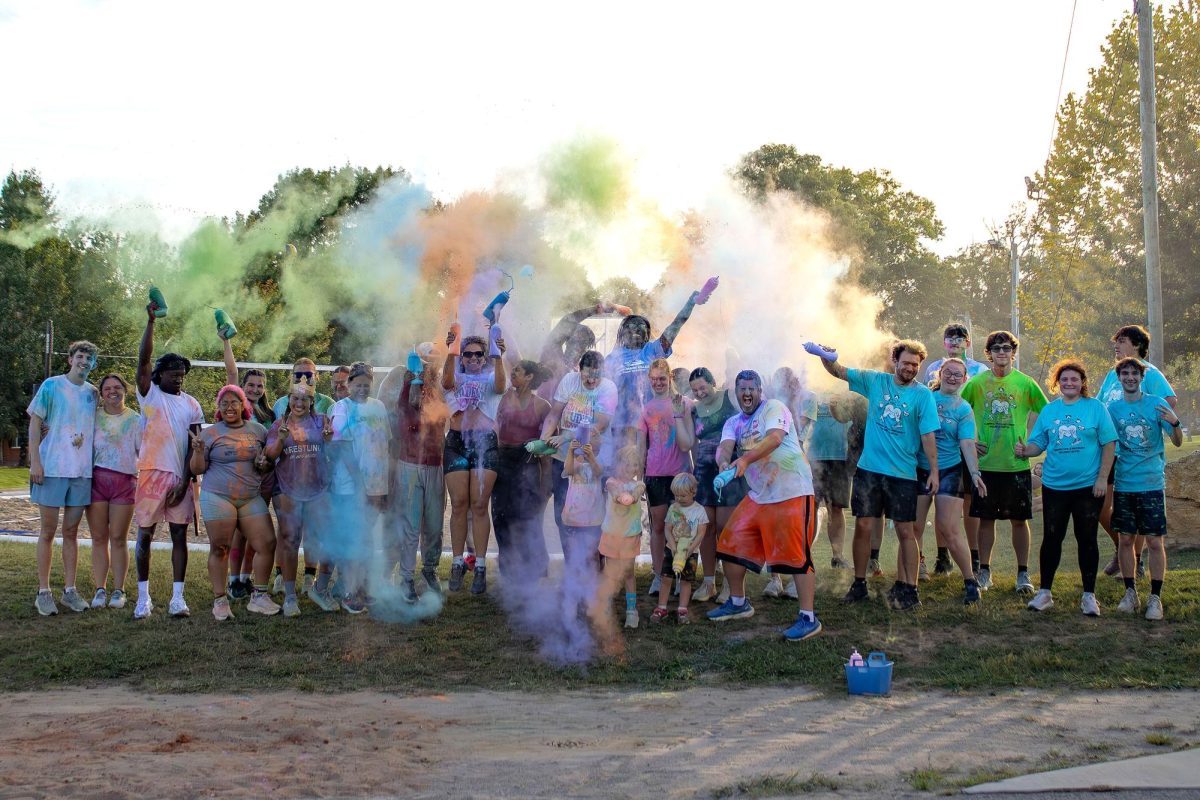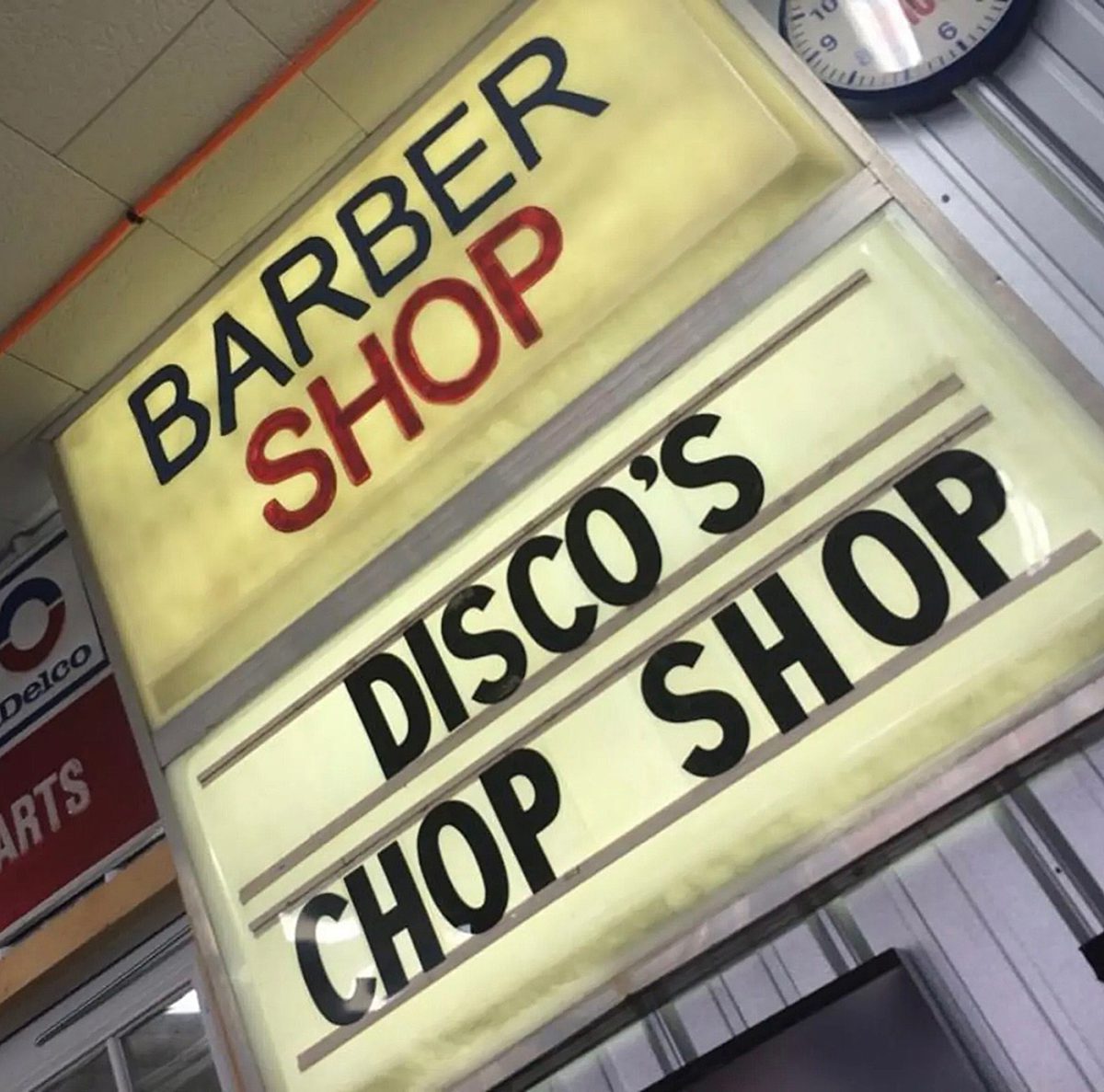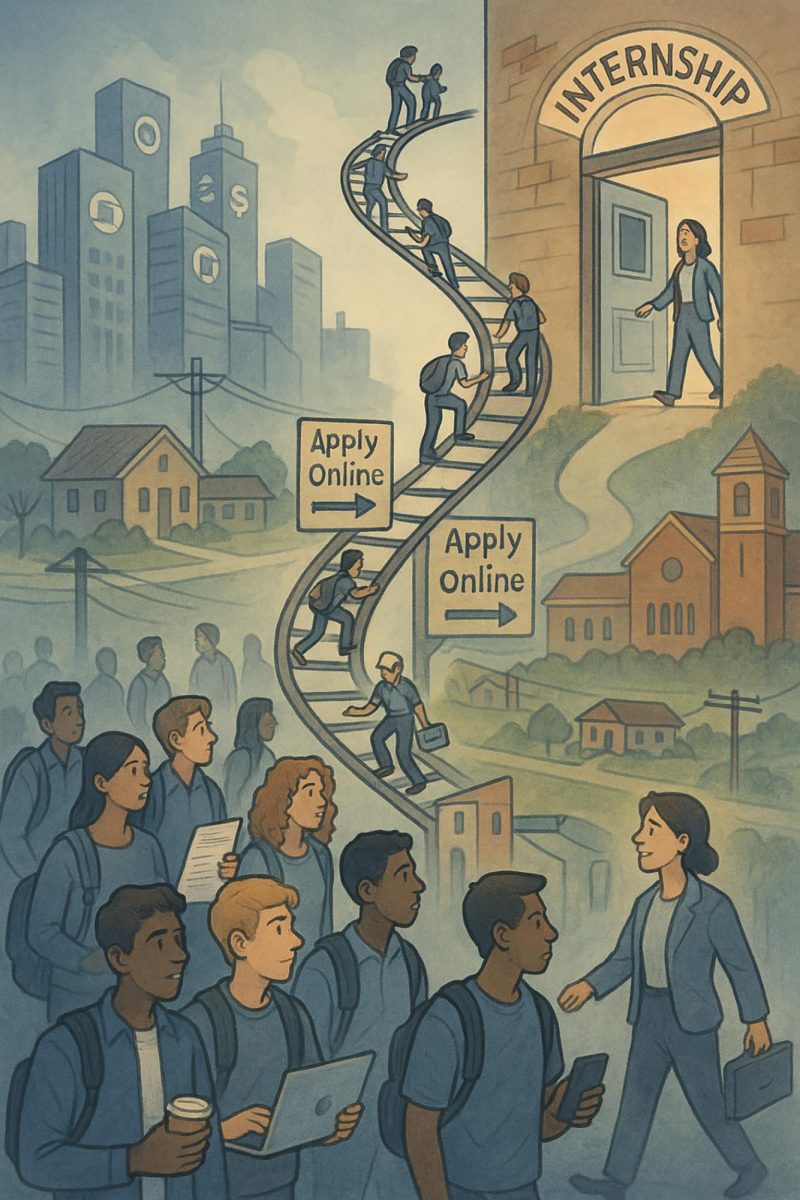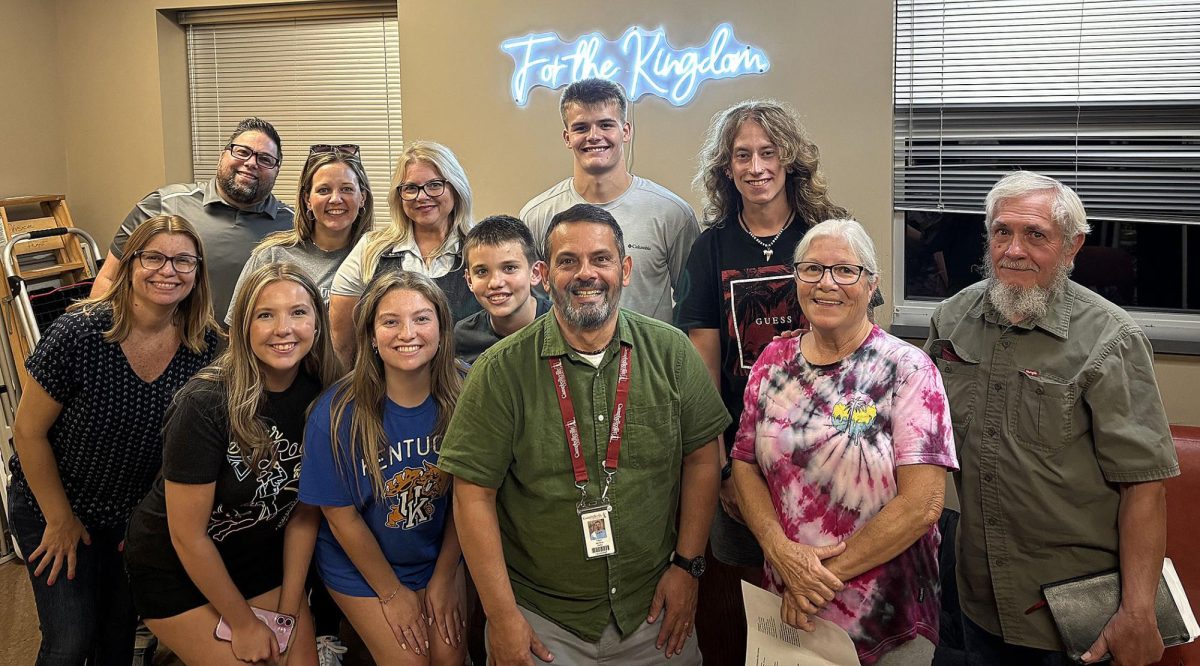As college students prepare to enter an increasingly competitive job market, internships have become a crucial piece in landing a future full-time job. But for many, securing one isn’t as simple as sending out a resume or applying through a website like LinkedIn. In reality, a mix of industry competition, limited outreach and personal preparedness is making internships harder to find.
One of the primary challenges lies in the competitiveness of certain fields. Industries like film, marketing, sports media and broadcasting tend to attract large numbers of applicants but offer only a limited number of internship slots.
“The only thing I can say that has been challenging was just finding the place to apply,” CU senior Nathan Whaley said. “Some websites would say go here for internships, and I wouldn’t see anything, and available internships have been minimal when I’ve been looking.”
That leads to another issue within itself, outreach. In certain areas or universities, connections with major organizations and employers are limited. Schools in rural areas or smaller towns may not have a strong network compared to institutions in bigger cities or states. This lack of access puts students at a disadvantage, even if they have the passion and work ethic to succeed.
“I do feel like there’s plenty of support here at CU,” Whaley said. “They can help lead to us to applying but they can’t apply for us. Jeannie Clark has helped me get in contact with many people. I’m just waiting for the call back.”
Although outreach may cause some problems, along with competitiveness, many organizations and companies reduce the number of staff and workers, causing a lot of internships to be hard to come by.
Although many students are having difficulty finding an internship, it doesn’t mean all students are having a hard time. Luckily for some, this experience has been effortless and has set them up for a successful internship.
“I found Pine Cove through social media and was immediately drawn to their Christ-centered mission,” mass communication student Jaelyn Crawford said. “After a rather difficult camp experience last summer, I was hesitant—but after praying, I felt a real sense of peace and decided to apply.”
For some students, finding an internship was not only about exploring their field, but also incorporating their beliefs and passions. Making the opportunity and journey to find an internship much easier.
“As a broadcast and digital media major, it’s such a gift to use my passion for something that aligns with my faith,” Crawford said. “I’m also really excited to be surrounded by a strong, Jesus-seeking community for the summer and looking forward to what’s ahead.”
Luckily for some, internships are not a worry and instead have to take classes like senior seminar or Capstone. Although still a very tough class for those who have to take it, they don’t have the same stress as students who have to hunt down internships.
Comparing the two can be a little far-fetched since they both offer two different types of experience, but it’s interesting to see how different fields and majors try to prepare their students for post-graduation.
“I think the capstone and an internship offer different scopes to prepare you for a career,” senior Liliana Gonzalez said. “Capstone serves as more of a reflection and deep learning about a career, whereas an internship allows for hands-on experience in the field. For some careers it can be more difficult to provide that experience, especially when you want to go into the therapy setting, where patient confidentiality and ethics play a role.”
In short, internships are becoming harder and harder to find due to increased competition among students and universities, lack of student preparation, and a decrease in outreach from students and staff. With more applicants and fewer connections, students are struggling to stand out, making outreach and prep more important than anything.
